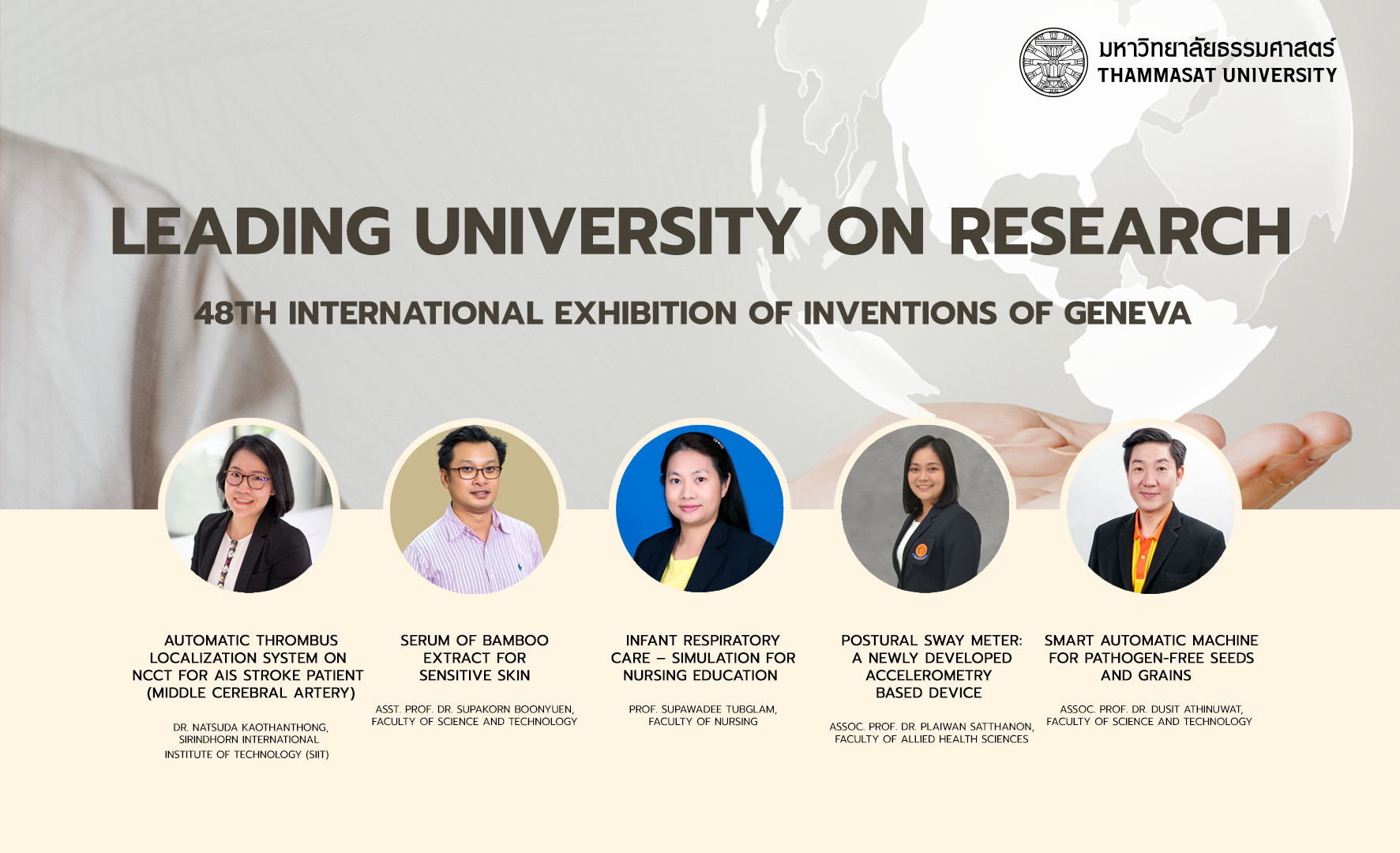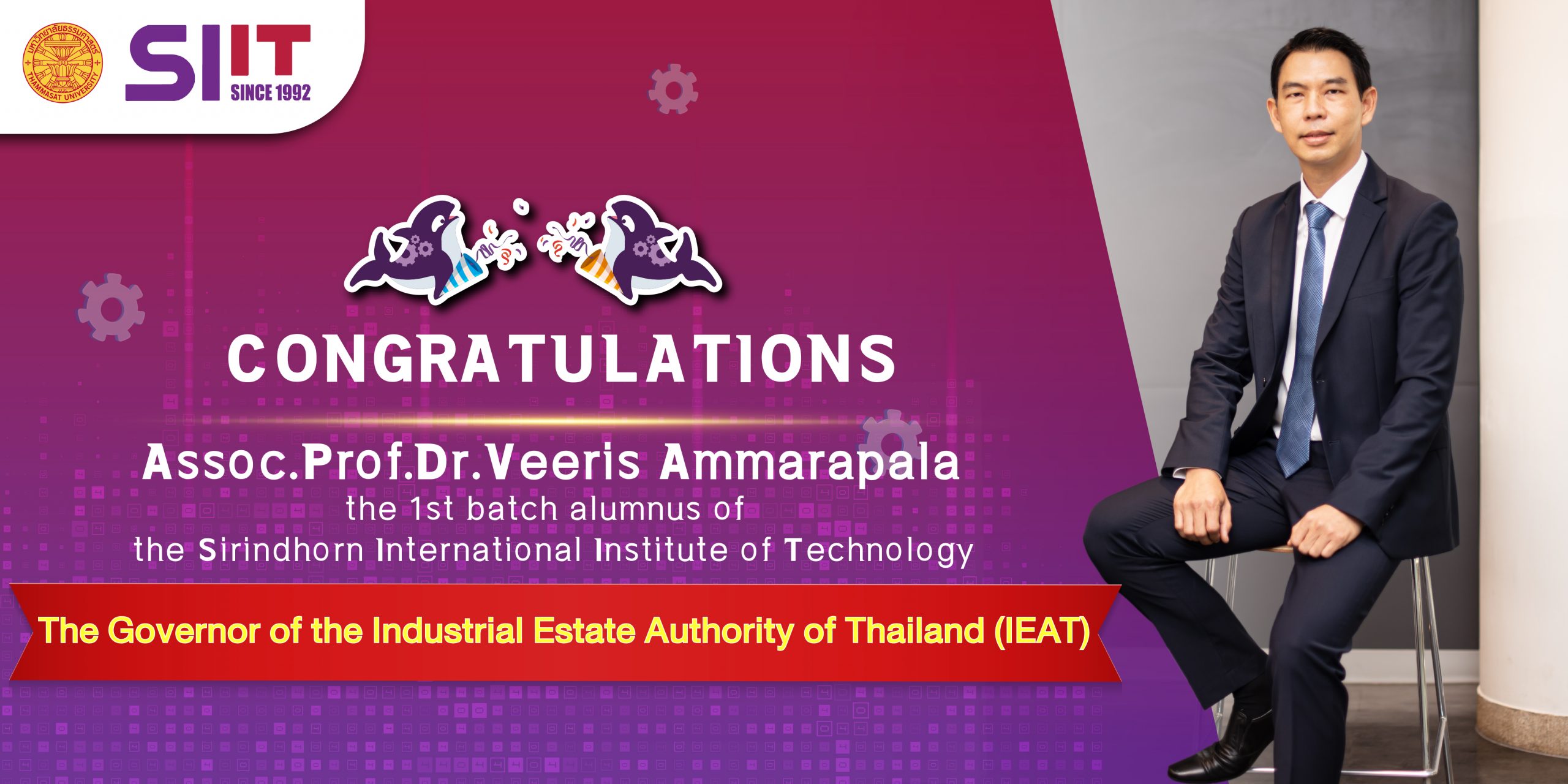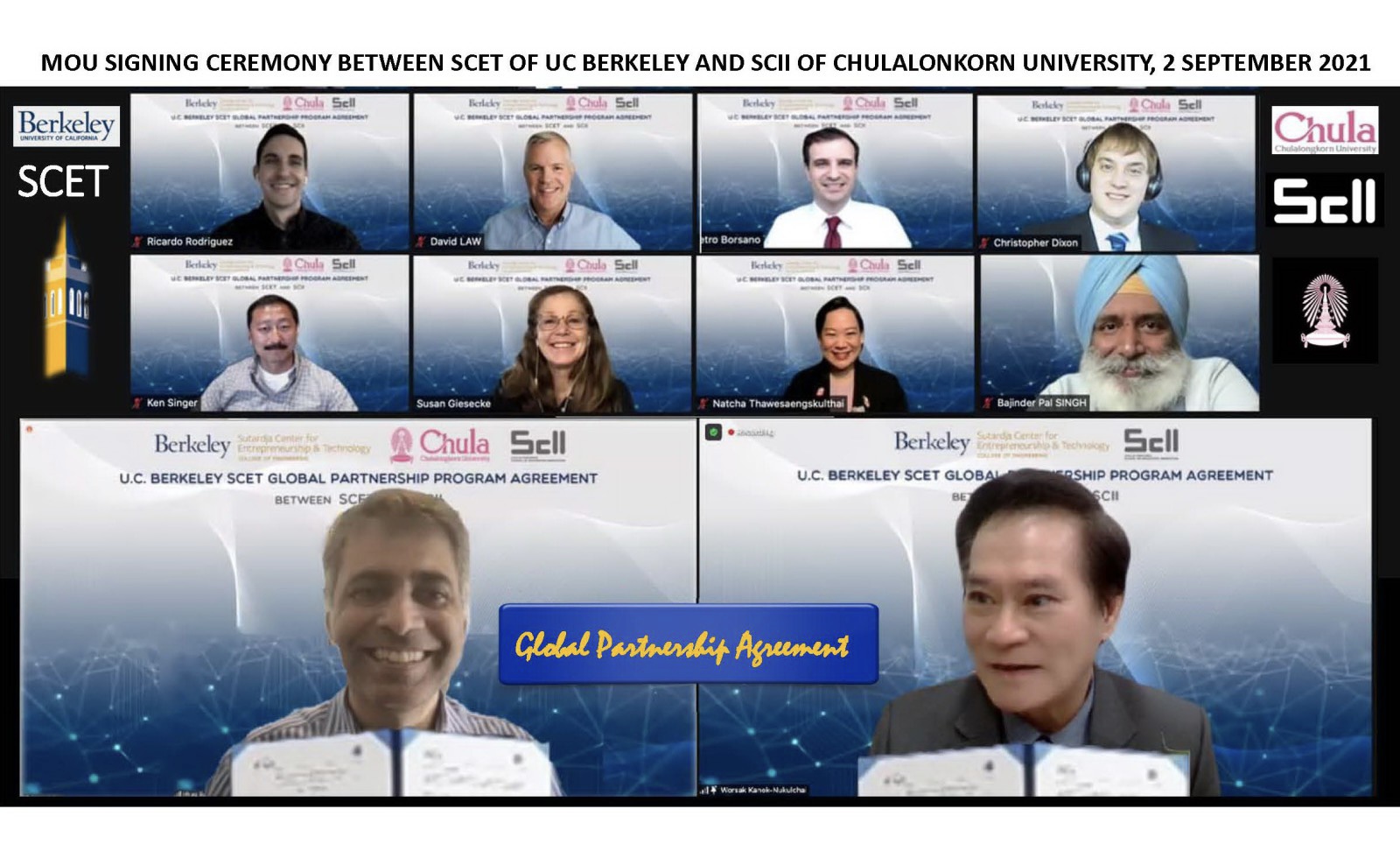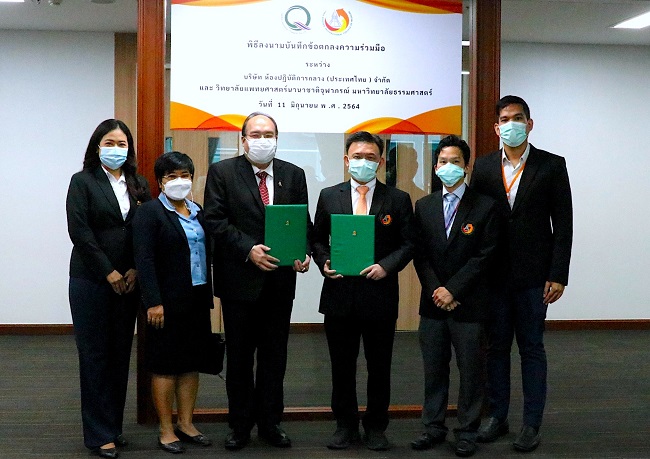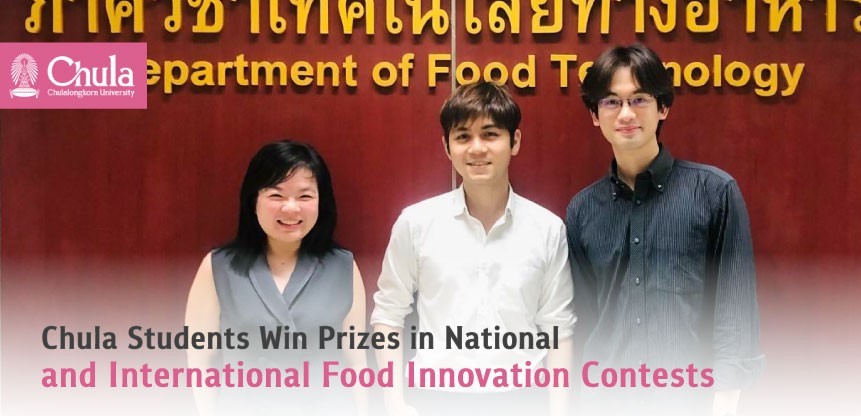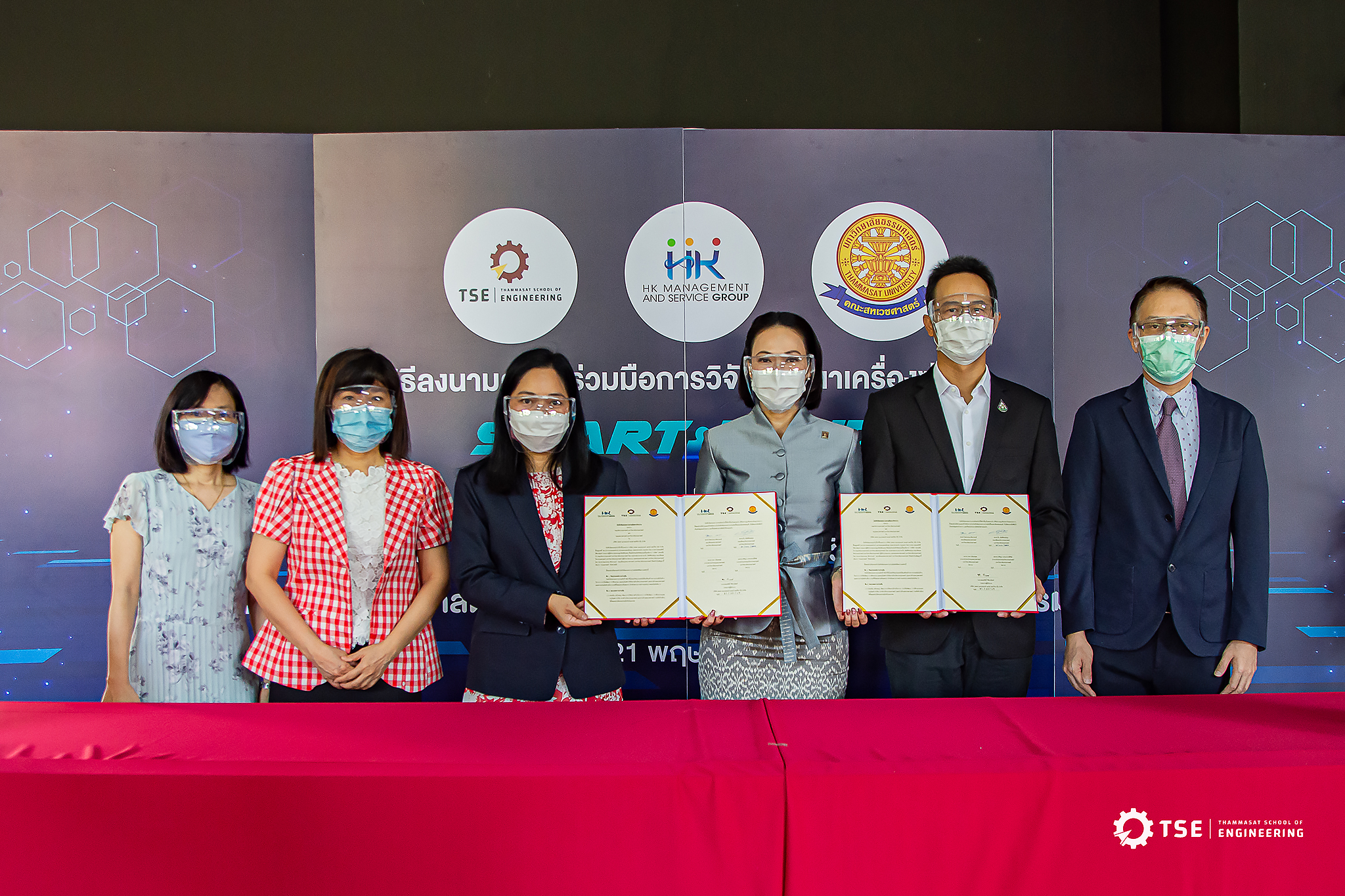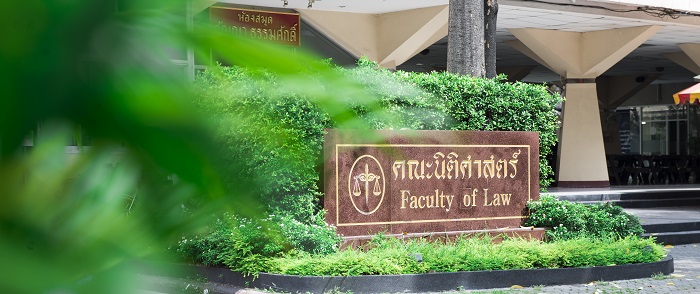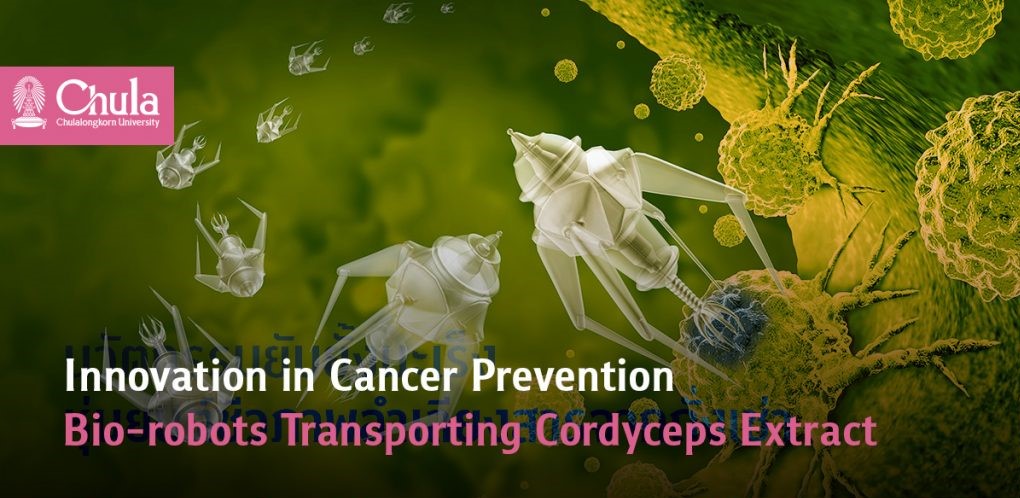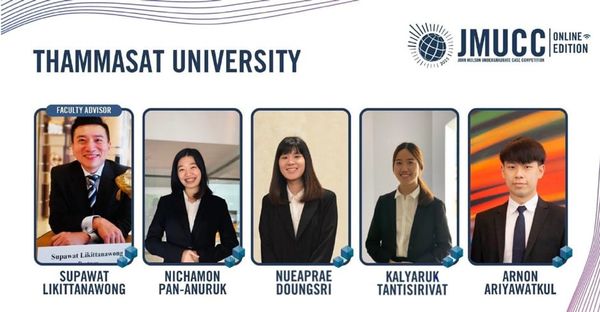A newly signed partnership between the Chulalongkorn School of Integrated Innovation (ScII) and the Sutardja Center for Entrepreneurship and Technology (SCET) of the University of California Berkeley will furnish opportunities for Asian students to initiate start-up projects to innovate alongside Silicon Valley giants.
This partnership brings ScII students and faculty face-to-face with the Silicon Valley innovation ecosystem. In addition, they will participate in the Berkeley Method of Entrepreneurship Bootcamp, Silicon Valley Innovation Leadership Program, and Engineering Leadership Global Hybrid Program.
Furthermore, the partnership facilitates the transfer of knowledge related to SCET teaching methodologies, such as Innovation Engineering and the Berkeley Method of Entrepreneurship (BMoE).
Signing the agreement on September 2, 2021, ScII Executive Director Professor Worsak Kanok Nukulchai invited SCET faculty members to offer online courses for ScII students as a customized course or to allow our students to take their courses online with credits transfer, which could lead to the development of an international online platform for all SCET’s international partners.
We are pursuing a long-term partnership because ScII and Sutardja Center for Entrepreneurship and Technology share the same vision, Prof. Worsak noted.
“We have the same passion and are two vital forces contributing to the sustainable future of humanity.”
Worsak also noted that both SCET and ScII are founding members of the League of Global Entrepreneurship Programs alongside MIT Legatum, Stanford University, Harvard University, Cambridge University, Mexico’s Tecnológico de Monterrey, and several other higher education institutions.
“It is my pleasure to be part of this project, and I look forward to many new things we will develop together in addition to benefiting from this experience,” said Dr. Ilkhlaq Sidhu, Director of SCET at UC Berkeley.
Since its inception, SCET has sought to broaden engineering by encouraging a greater understanding of whether a problem is worth solving, what to do after solving the problem, and how to elevate, lead, and connect engineering with other disciplines.
“At SCET, students participate in a topic while it is still new and growing,” Dr. Sidhu noted as he welcomed the partnership with ScII.
Chulalongkorn University Vice President for Strategic Planning, Innovation and Global Engagement Associate Professor Natcha Thawesaengskulthai noted that SCET’s approach to education and building global innovation and entrepreneurship aligns with SCI’s core disciplines and specializations.
“This integrated critical approach to technology and entrepreneurial innovation jointly pursued by SCET and ScII should serve as a polestar for future endeavours,” she added.
Susan L. Giesecke, Director of Global Engagement at SCET, welcomed the SCET-SCII partnership, stating that Chulalongkorn University is a highly regarded institution and that SCET’s agreement with ScII portends to an excellent partnership.
She added that students at ScII will have an opportunity to interact and engage with Silicon Valley innovators and UC Berkeley alumni.
The Sutardja Center for Entrepreneurship & Technology is the premier institution on the UC Berkeley campus for studying and practising “technology-centric” entrepreneurship and innovation.
Since 2005, SCET has created the foundation of Berkeley’s entrepreneurship ecosystem, including SkyDeck, the Fung Institute, the Engineering Leadership Professional Program, Global Venture Lab, and an extensive ecosystem of Silicon Valley and Global partners.
SCET’s mission has been to equip engineers and scientists with the skills to innovate, productize, and commercialize the technology in the global economy. Initially established as CET, it acquired a new name after receiving support from the Sutardja family, the force behind the Marvell Technology Group.
ScII is the newest school at Thailand’s oldest and most prestigious university, Chulalongkorn University. The university currently offers a bachelor’s degree program called the Bachelor of Arts in Science in Integrated Innovation (BASCii).



